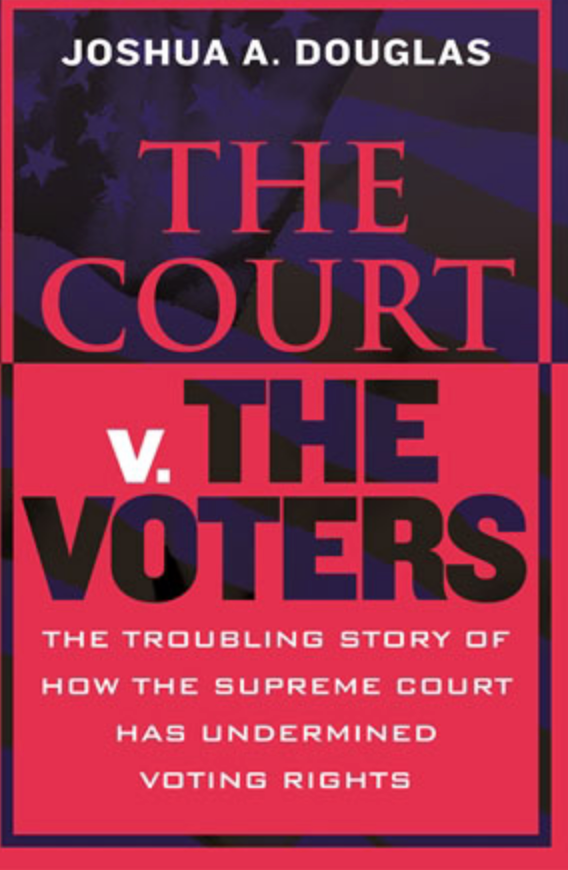I’ve posted on SSRN this paper, to be published in the Florida Law Review. Here’s the abstract:
The Madisonian political philosophy upon which the U.S. Constitution rests did not supply the nation with a well-developed theory of electoral procedures. Instead, Madisonian philosophy concentrated on the separation of powers and other elements of constitutional architecture, including federalism, in order to prevent factions from subverting the common good. Subsequent history has demonstrated that Madisonian constitutional architecture, while necessary, is not sufficient for democratic government to operate in the interest of the people as a whole rather than on behalf of a faction and its own interests. Instead, it is necessary to supplement Madisonian constitutional architecture with a well-designed electoral system that accords with Madisonian values.
Maximum Convergence Voting, a method of electing a single winner when there are more than two candidates, is the method that most accords with Madisonian principles underlying the Constitution. Derived from the work of the Marquis de Condorcet, a French contemporary of Madison (and the Constitution’s other Framers), whose electoral theories Madison would have admired if he had studied them, Maximum Convergence Voting is the method that most avoids the election of a factional candidate and instead elects the candidate who achieves the greatest common ground among all the voters in the electorate. This essay describes how Maximum Convergence Voting operates, how it can take several different forms—including a Top-Three electoral system that is a variation of California’s existing Top-Two system (and Alaska’s existing Top-Four system)—and how it also can be used for presidential elections.
This paper, like my other recent work on electoral system design, is a preliminary sketch of ideas I am pursuing in a book on this topic. Comments, both on this specific paper and on the topic in general, are very welcome.
